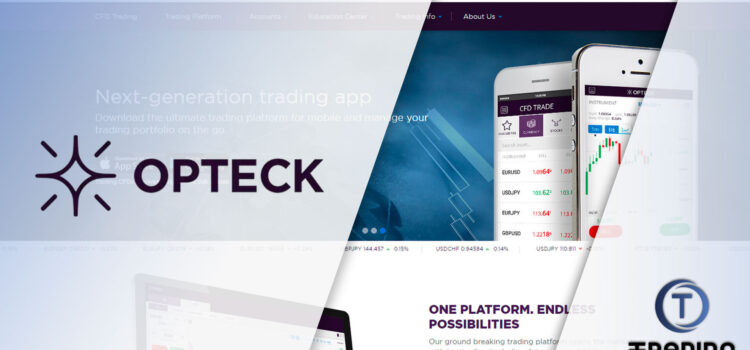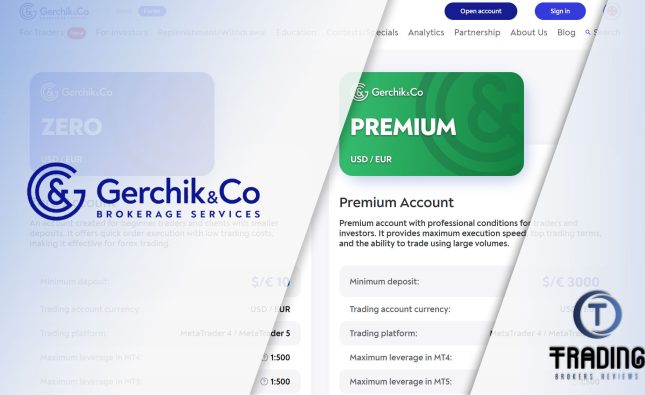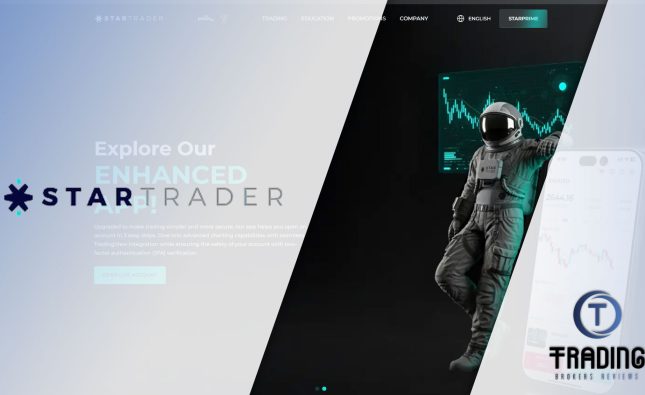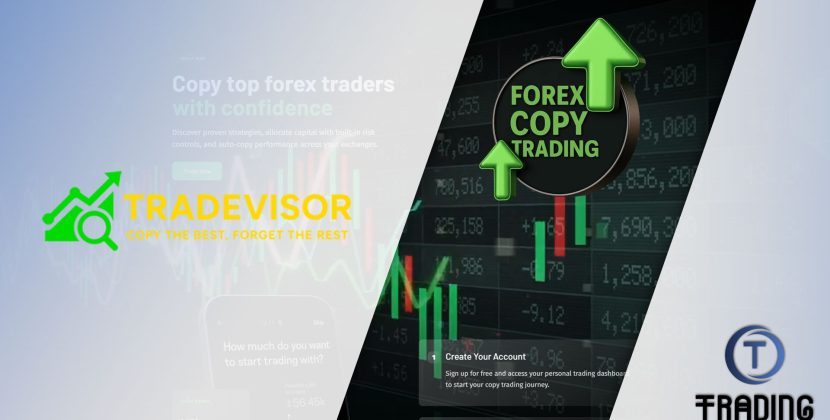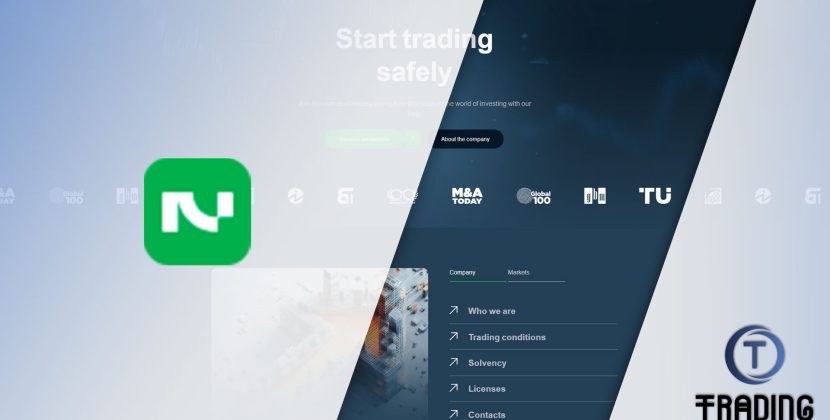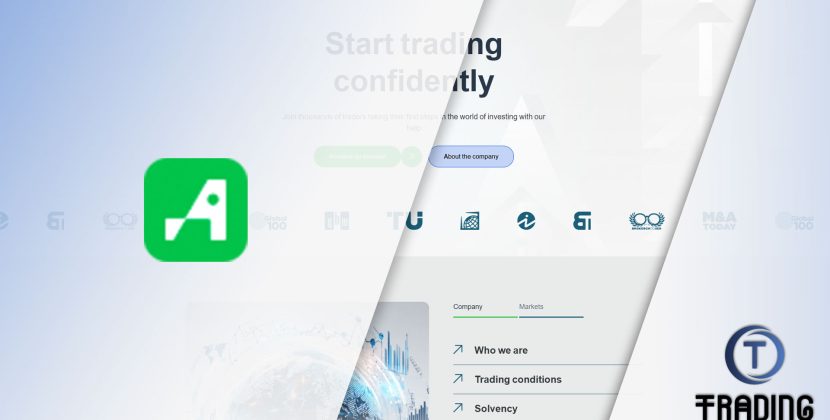Opteck Broker Review: A Comprehensive Analysis for Traders
Opteck, a brokerage firm that has been around since 2011, has carved out a niche in the online trading world, offering access to a variety of financial instruments. However, its reputation and services have been a subject of debate among traders. This review aims to provide a balanced overview of Opteck, examining its regulatory framework, trading conditions, platform features, and overall reliability.
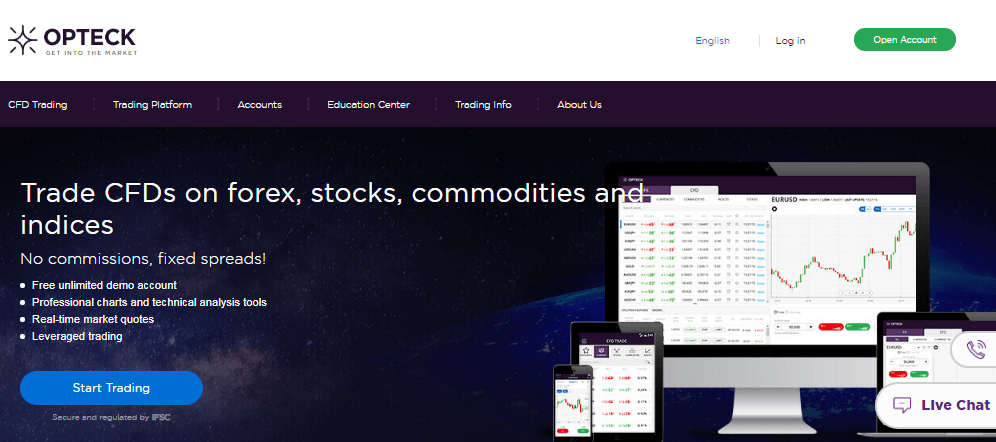
Regulation and Licensing: A Mixed Bag
Opteck operates under two main entities: Centralspot Trading Ltd, regulated by the Cyprus Securities and Exchange Commission (CySEC), and CST Financial Services Ltd, regulated by the International Financial Services Commission (IFSC) of Belize. While CySEC is a well-respected regulator within the EU, the IFSC license raises eyebrows due to its less stringent oversight.
– For EU Clients: Opteck offers services under CySEC regulation, which ensures a level of consumer protection, including compensation schemes and adherence to financial standards.
– For Non-EU Clients: Services are provided under the IFSC license, which lacks the same level of credibility. This dual structure creates a disparity in the level of trust and security offered to clients depending on their location.
The broker explicitly states that it does not serve clients from certain regions, including Russia, due to regulatory restrictions. While this transparency is commendable, it limits the broker’s global reach.
Trading Instruments and Platforms
Opteck provides access to a range of trading instruments, including:
– Forex: Major and minor currency pairs.
– Commodities: Oil, gold, and other raw materials.
– Indices: Global stock indices.
– Stocks: Shares of leading companies.
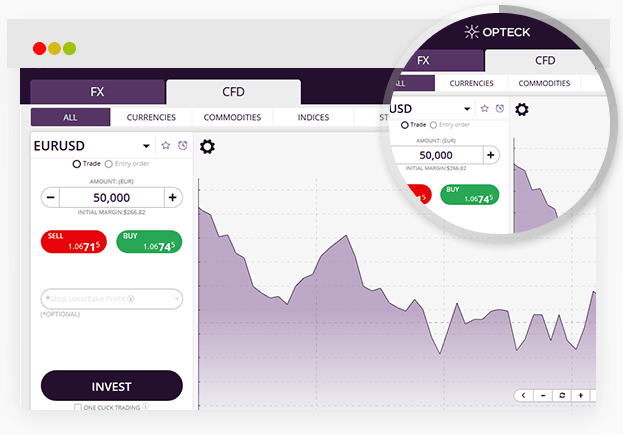
However, the absence of cryptocurrencies in its asset list is a notable drawback, especially given the growing popularity of digital assets.
Proprietary Trading Platform
Opteck offers a custom-built trading platform available for both desktop and mobile devices. Key features include:
– Charting Tools: Line, bar, and candlestick charts.
– Economic Calendar: Integrated news and event tracking.
– One-Click Trading: For quick execution of trades.
– Custom Reports: Detailed analytics for performance evaluation.
While the platform is user-friendly and functional, the lack of a demo account is a significant disadvantage. Traders cannot test the platform or strategies without risking real money, which is a red flag for many.
Account Types: Tiered but Costly
Opteck offers six account types, each with varying minimum deposit requirements and perks:
1. Basic Account: $250 minimum deposit, access to educational resources, and market reviews.
2. Bronze Account: $1,000 minimum deposit, includes a junior account manager.
3. Silver Account: $2,500 minimum deposit, adds a senior account manager.
4. Gold Account: $10,000 minimum deposit, includes trading signals and personalized strategies.
5. Platinum Account: $25,000 minimum deposit, offers exclusive positions and expert consultations.
6. Black Account: Custom conditions, available upon request.
Additionally, Opteck provides an Islamic account for clients who require swap-free trading.
While the tiered structure caters to different levels of traders, the high minimum deposits and lack of transparency around the Black Account’s conditions are concerning. Moreover, the benefits offered at higher tiers (e.g., trading signals) are often standard with other brokers at lower entry points.
Deposits and Withdrawals: High Fees and Delays
Opteck supports multiple payment methods, including:
– Credit/debit cards (Visa, Mastercard, etc.).
– Bank transfers.
– E-wallets (Skrill, Neteller, WebMoney, etc.).
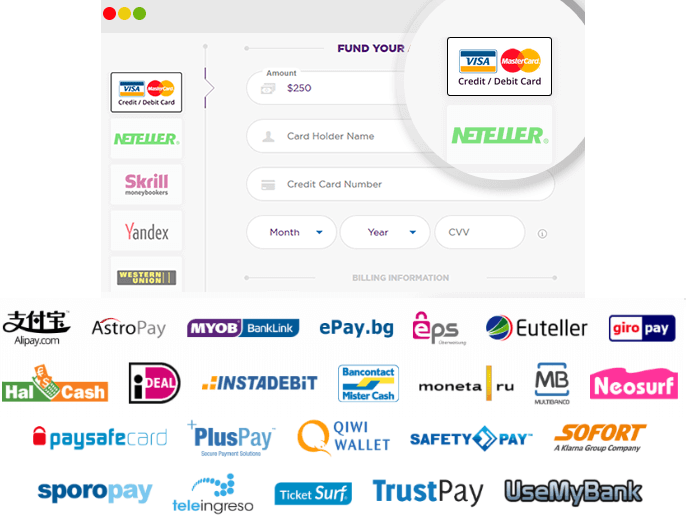
However, the withdrawal process is marred by high fees and delays:
– Withdrawal Fees: A flat 3.5% commission (minimum $30) is charged on all withdrawals, which is significantly higher than industry standards.
– Processing Time: Withdrawal requests take 3-4 business days to process, which is slower compared to many competitors.
– Minimum Withdrawal: $100 for bank transfers and $50 for other methods, which may be inconvenient for small-scale traders.
These conditions make Opteck less attractive for traders who prioritize low-cost and efficient fund management.
Education and Support: A Silver Lining
Opteck offers a robust educational section, including:
– Video Courses: Catering to beginners, intermediate, and advanced traders.
– E-books: Downloadable resources on trading strategies and market analysis.
– Webinars: Regular sessions hosted by experts.

The availability of these resources is a strong point, especially for novice traders looking to build their skills. Additionally, Opteck provides 24/6 customer support, which is accessible via phone, email, and live chat.
Concerns and Red Flags
Despite its strengths, Opteck has several issues that potential clients should consider:
1. Lack of Transparency: The absence of a demo account and unclear conditions for the Black Account raise questions about the broker’s openness.
2. High Fees: Withdrawal fees and minimum deposit requirements are above industry averages.
3. Regulatory Concerns: The IFSC license offers limited protection for non-EU clients, making Opteck a risky choice for traders outside the EU.
4. Aggressive Marketing: Some users have reported pushy account managers who encourage risky trading practices.
Conclusion: Proceed with Caution
Opteck presents a mixed bag of features. On one hand, it offers a user-friendly platform, a wide range of trading instruments, and comprehensive educational resources. On the other hand, its high fees, lack of transparency, and regulatory shortcomings make it a less appealing option compared to other brokers in the market.
Who is Opteck for?
– EU-based traders who value CySEC regulation.
– Experienced traders willing to meet high deposit requirements.
Who should avoid Opteck?
– Beginners looking for a demo account to practice.
– Traders outside the EU due to weaker regulatory oversight.
– Those seeking low-cost trading with minimal fees.
In summary, while Opteck has its merits, traders should carefully weigh the pros and cons before committing their funds. If you’re considering Opteck, it’s advisable to explore other brokers with more transparent conditions and stronger regulatory frameworks.


